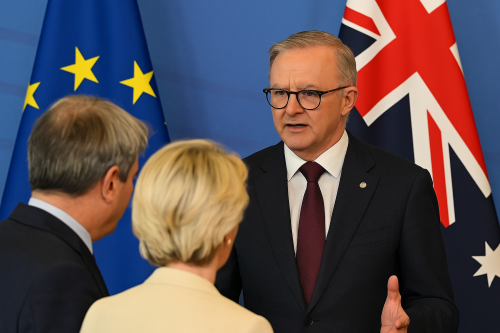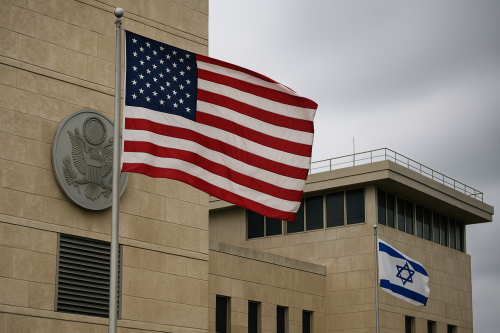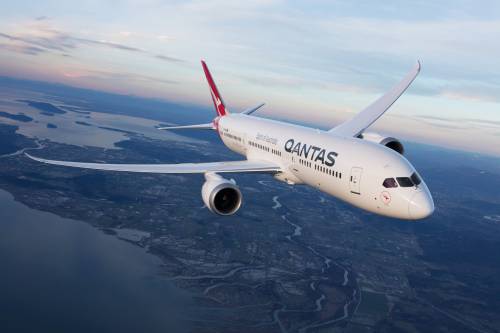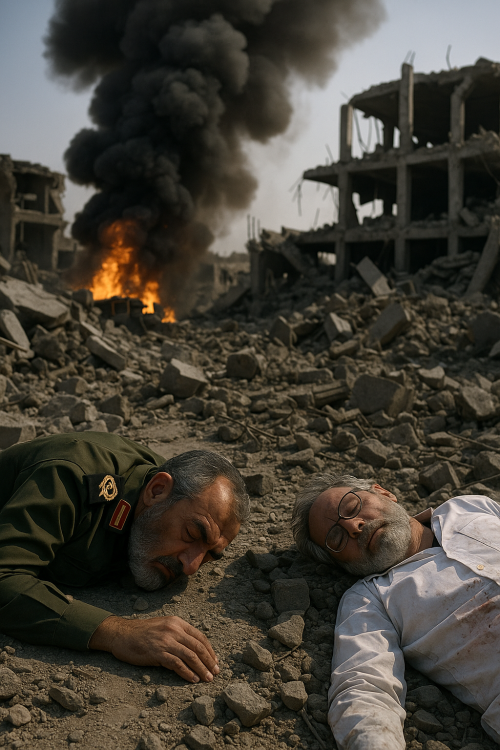The AFL is in the grip of a deepening mental health crisis, Sydney Swans Hall of Famer Tadhg Kennelly has warned, as the football community mourns the tragic death of Adam Selwood — just months after the suicide of his twin brother, Troy.
Speaking to news.com.au, Kennelly described the situation as a “suicide crisis” and called for urgent action after a string of player deaths has sent shockwaves through the sport and the nation.
“The Selwood family have been one of the cornerstones of the game of AFL and have given everything to it,” Kennelly said. “Joel, Scott, Adam and Troy are the embodiment of grit, humility and heart. They were raised on the values of loyalty, strength and brotherhood. It’s heartbreaking for the family, it’s heartbreaking for AFL, and it’s heartbreaking for the country.”
Adam Selwood, a former West Coast Eagles premiership player, was found dead over the weekend. His passing follows the suicide of his twin brother Troy, also a former AFL player, late last year.
The devastating loss has reignited debate over the mental health and wellbeing of professional athletes — particularly those who have retired from the game.
Despite claims from both the AFL and the AFL Players Association that mental health support structures are in place, Kennelly said those measures are clearly not enough.
“Adam and Troy, Cameron McCarthy, Shane Tuck, Danny Frawley, Shane Yarran … they each played at the highest level, left the game, and then died by suicide,” he said.
“The system we’ve built that’s supposed to catch them didn’t work. We have a problem. I think it’s fair to call it a crisis.”
Both the league and the AFLPA have responded to the recent tragedies by highlighting existing wellness programs and mental health outreach services. However, many within the AFL community now question whether those initiatives are reaching the players who need them most — especially after retirement, when the spotlight fades and the structure of professional sport disappears.
Kennelly’s comments have struck a chord with fans and former players alike, many of whom are calling for an independent inquiry into the AFL’s mental health response and the creation of stronger support networks that extend well beyond an athlete’s playing career.
In emotional pregame scenes ahead of the West Coast Eagles’ most recent match, players and fans held a moment of silence to honour the Selwood brothers, as grief and disbelief echoed throughout the stadium.
As the AFL community grapples with these heartbreaking losses, the message from Kennelly is clear: the time for change is now. Without a serious and immediate overhaul of player welfare systems, the fear is that more tragedies may follow.
















